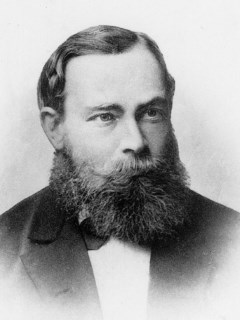
Publication details
Publisher: Springer
Place: Berlin
Year: 1995
Pages: 135-187
Series: Boston Studies in the Philosophy of Science
ISBN (Hardback): 9789401072045
Full citation:
, "Hilbert and logic", in: Québec studies in the philosophy of science, part I, Berlin, Springer, 1995


Hilbert and logic
pp. 135-187
in: Mathieu Marion, Robert S. Cohen (eds), Québec studies in the philosophy of science, part I, Berlin, Springer, 1995Abstract
The logical systems presented in the books by Hilbert and Ackermann (1928, 1938) and in Hilbert and Bernays (1934/39) are not too far removed from modern, axiomatic systems, those, for instance, to be found in Kleene 1952, Church 1956, or Mendelson 1964. What Hilbert et al. give is, at root, a system of (many-sorted) first-order logic, suited for the deductive purposes of all mathematical theories, and therefore (of necessity) adding no genuine content to any theory. What we have, in fact, is systems which are minimal when compared to those of Whitehead and Russell or Frege, a logica uteris as opposed to a logica magna, to echo van Heijenoort's distinction.1 Moreover, Hilbert and Ackermann (and then Hilbert and Bernays) state clearly what are now regarded as basic questions concerning consistency, completeness and decidability. Thus, in short, whatever the similarities with systems earlier than those of Hilbert, what we see in many respects is the first modern presentation of logic.
Cited authors
Publication details
Publisher: Springer
Place: Berlin
Year: 1995
Pages: 135-187
Series: Boston Studies in the Philosophy of Science
ISBN (Hardback): 9789401072045
Full citation:
, "Hilbert and logic", in: Québec studies in the philosophy of science, part I, Berlin, Springer, 1995



